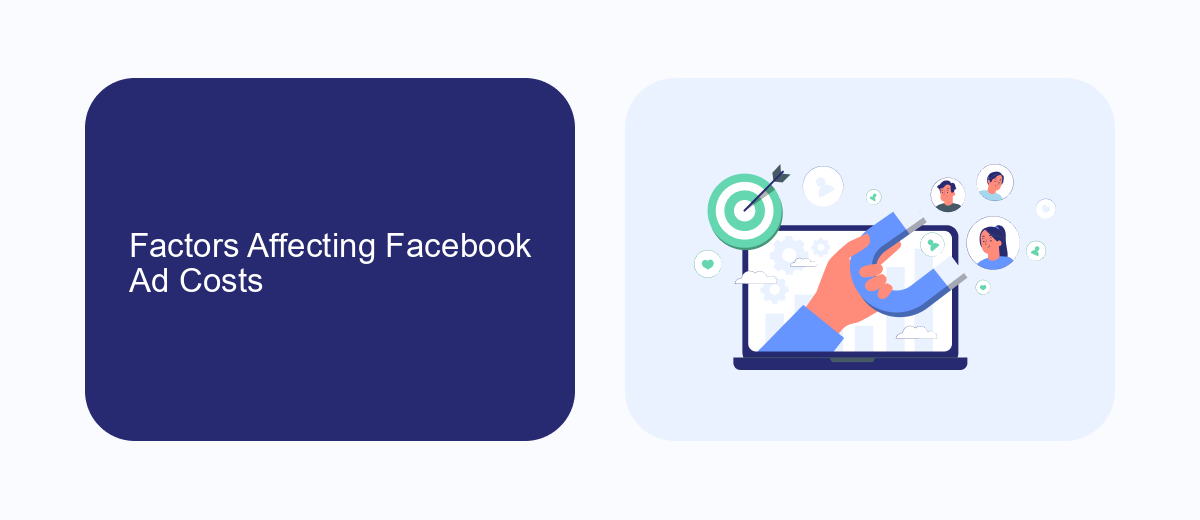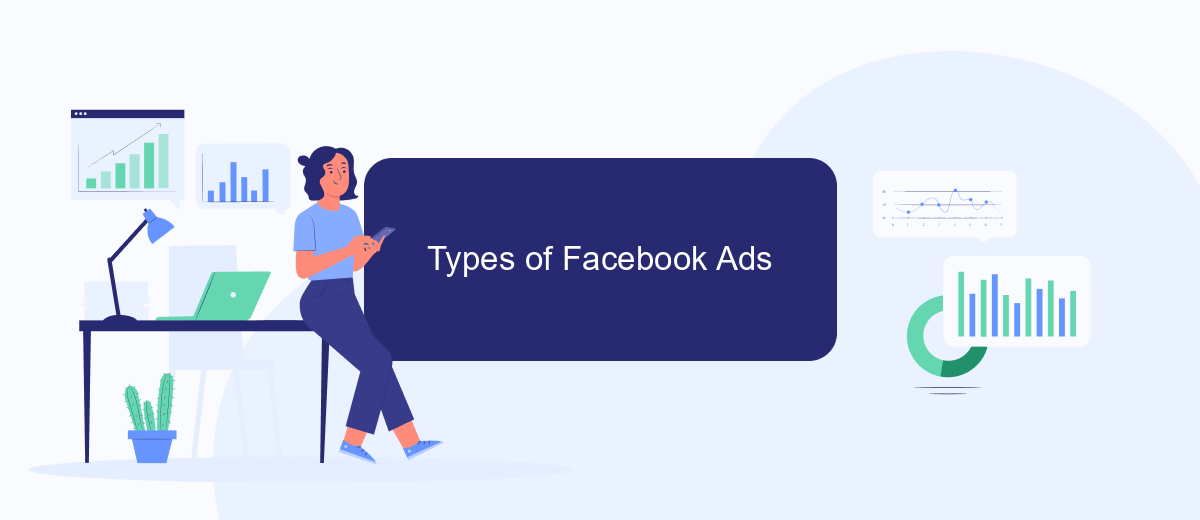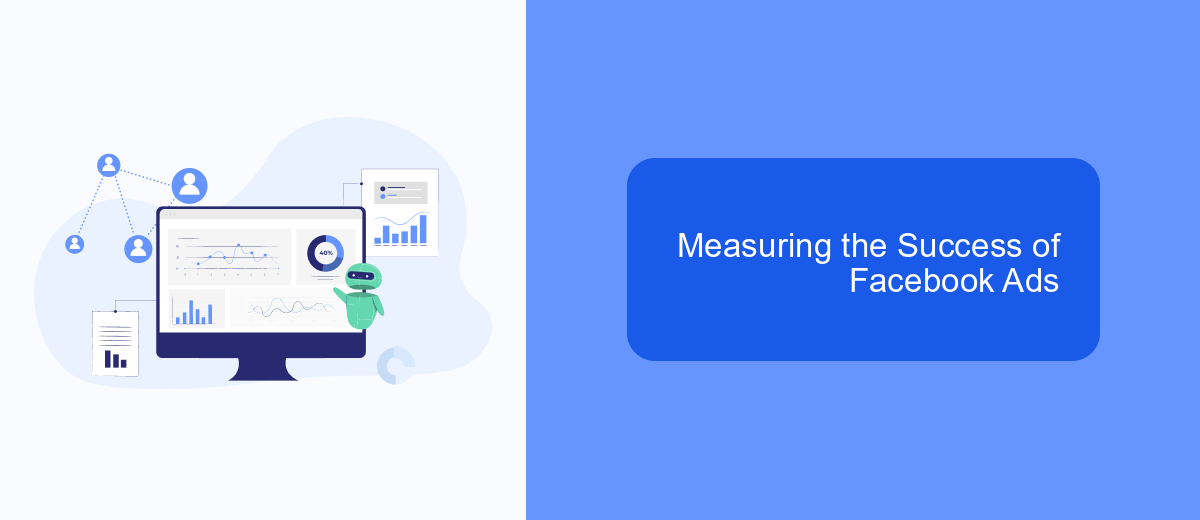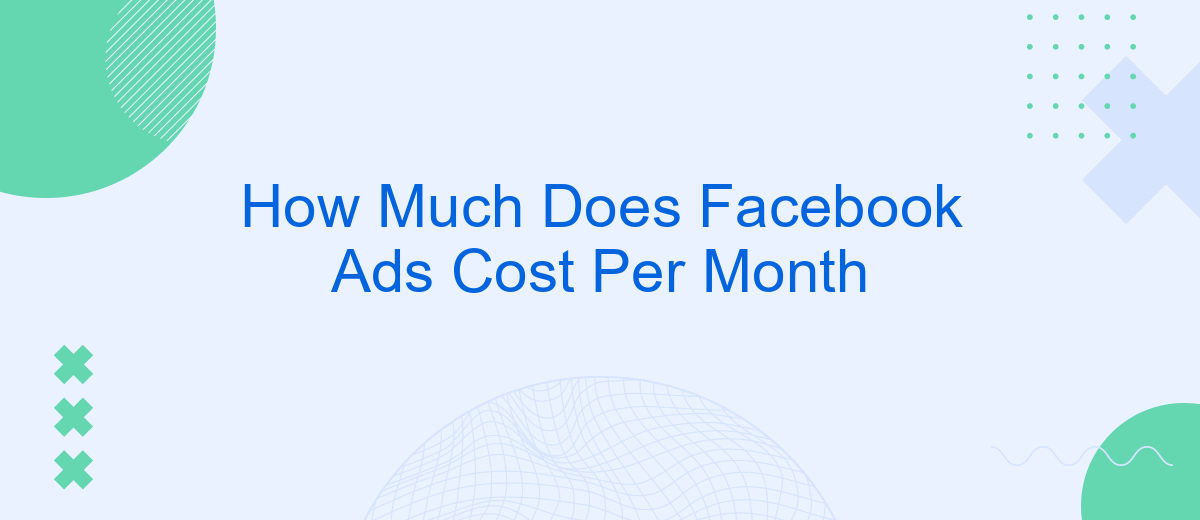Determining the cost of Facebook Ads per month can be a complex task, influenced by various factors such as target audience, industry, and campaign objectives. Understanding these elements is crucial for businesses aiming to optimize their advertising budget. In this article, we’ll break down the key components that affect Facebook Ads pricing and provide insights to help you estimate your monthly expenses.
Average Facebook Advertising Costs
When considering Facebook advertising costs, it's important to understand that expenses can vary widely based on multiple factors, including your industry, target audience, and campaign objectives. On average, businesses can expect to spend anywhere from 0 to ,500 per month on Facebook ads.
- Small businesses: 0 - 0 per month
- Medium-sized businesses: 0 - ,000 per month
- Large enterprises: ,000 and above per month
To optimize your ad spend, consider using services like SaveMyLeads, which can help streamline your marketing efforts by automating lead generation and integration processes. By leveraging such tools, you can ensure that your advertising budget is used more efficiently, ultimately driving better results for your business.
Factors Affecting Facebook Ad Costs

Several factors influence the cost of Facebook ads, including the target audience, ad placement, and competition. The more specific and competitive your audience, the higher the cost per click or impression. Ad placement also plays a significant role; ads shown in the news feed generally cost more than those in the right-hand column or within the audience network. Additionally, the time of year and current market trends can affect pricing, with costs typically increasing during peak shopping seasons like Black Friday or the holidays.
Another crucial factor is the quality and relevance of your ads. Facebook uses a relevance score to determine how well your ad is expected to perform, and higher relevance scores can lead to lower costs. Effective integration of tools like SaveMyLeads can optimize your ad campaigns by automating lead processing and improving targeting accuracy. By understanding and leveraging these factors, advertisers can better manage their budgets and maximize the return on their Facebook ad investments.
Types of Facebook Ads

Facebook offers a variety of ad types to cater to different business goals and target audiences. Understanding these options can help you make the most of your advertising budget and achieve your marketing objectives effectively.
- Image Ads: These are simple ads that use a single image and can be used to promote your brand, product, or service.
- Video Ads: These ads use video content to engage viewers and convey your message more dynamically.
- Carousel Ads: Carousel ads allow you to showcase multiple images or videos within a single ad, each with its own link.
- Slideshow Ads: These ads use a series of still images to create a video-like experience.
- Collection Ads: These ads feature a cover image or video followed by several product images, making it easy for users to browse and purchase products.
- Lead Ads: Designed to collect user information, these ads are ideal for generating leads directly within Facebook.
For businesses looking to streamline their Facebook ad campaigns and integrate them with other marketing tools, services like SaveMyLeads can be highly beneficial. SaveMyLeads helps automate the process of capturing and managing leads, ensuring that your marketing efforts are both efficient and effective.
Measuring the Success of Facebook Ads

Measuring the success of Facebook Ads is crucial for understanding the return on investment (ROI) and optimizing future campaigns. One of the primary methods to gauge effectiveness is by tracking key performance indicators (KPIs) such as click-through rates (CTR), conversion rates, and cost per acquisition (CPA).
Another important aspect is to monitor engagement metrics, including likes, shares, and comments, which can provide insights into how well your ads resonate with your target audience. To streamline this process, integrating your Facebook Ads with analytics tools is essential.
- Track KPIs like CTR, conversion rates, and CPA
- Monitor engagement metrics such as likes, shares, and comments
- Integrate with analytics tools for detailed insights
One effective way to set up these integrations is by using services like SaveMyLeads. This platform allows you to automate data transfers between Facebook Ads and various CRM or analytics tools, ensuring you have real-time access to performance data. By leveraging such integrations, you can make informed decisions to optimize your ad campaigns and achieve better results.
Tips for Optimizing Facebook Ad Spend
To optimize your Facebook ad spend, it's crucial to continuously monitor and adjust your campaigns. Start by setting clear objectives and using Facebook's advanced targeting options to reach your ideal audience. Regularly analyze performance metrics such as click-through rates (CTR) and conversion rates to identify underperforming ads. A/B testing different ad creatives, headlines, and calls-to-action can provide insights into what resonates most with your audience, allowing you to allocate your budget more effectively.
Additionally, integrating your Facebook ads with other marketing tools can streamline your efforts and improve overall efficiency. Services like SaveMyLeads can automate lead processing, ensuring that potential customers are promptly followed up with, which can significantly enhance your ad campaign's effectiveness. By leveraging such integrations, you can save time, reduce manual errors, and focus on refining your ad strategies to maximize ROI. Continuously optimizing your campaigns based on data and utilizing automation tools will help you get the most out of your Facebook ad spend.
- Automate the work with leads from the Facebook advertising account
- Empower with integrations and instant transfer of leads
- Don't spend money on developers or integrators
- Save time by automating routine tasks
FAQ
How much does it cost to run Facebook Ads per month?
What factors influence the cost of Facebook Ads?
Is there a minimum budget required for Facebook Ads?
How can I optimize my Facebook Ads to lower costs?
Can I set a monthly budget cap for my Facebook Ads?
What do you do with the data you get from Facebook lead forms? Do you send them to the manager, add them to mailing services, transfer them to the CRM system, use them to implement feedback? Automate all of these processes with the SaveMyLeads online connector. Create integrations so that new Facebook leads are automatically transferred to instant messengers, mailing services, task managers and other tools. Save yourself and your company's employees from routine work.

